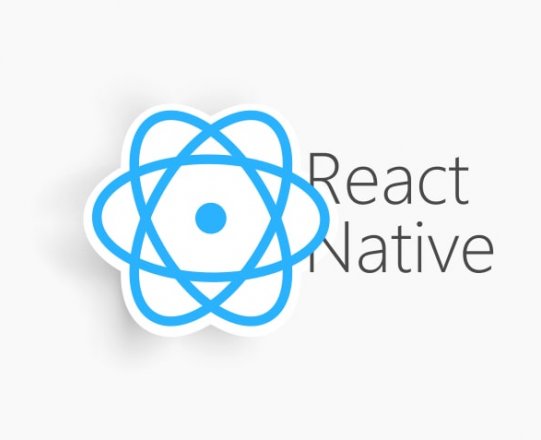
Are you a react app builder creating native apps for iOS and Android? Are you facing issues like an increase in application size or re-rendering of components? Wondering how to improve react native performance?
No doubt, React Native is an excellent solution for native app development. This JavaScript framework reduces the product development budget and aids in fast project execution. The question is how to get the best results from React Native.
Here are some tips for react native performance improvement:Smart vs Dumb Components: There is a trick to reuse your components better - divide your app’s logic into two components: smart and dumb.
Smart components are connected with the actual working of the UI that helps developers make API calls, manage the state. Dumb components are mainly concerned about the data presentation and how it will appear on the app.
Use platform-specific code: Even if you have built-in API to write code, it is best to use -
Doing this will help you organize your code better. You can also make your app feel natural by describing version-specific styles for Android/iOS.
Use of shouldComponentUpdate method: This method will help you minimise the useless re-rendering of components. So, if it returns true it will rerender components and will not rerender if it is false. Some react app builders also prefer to write some custom logic that decides when the component should update.
Use Memo from Hooks API: Hooks provide the lifecycle of components to functions. Memo from react allows you to view and compare upcoming changes. Re-rendering functions are allowed only if the props get changed.
Use Pure Components of React: If a flatlist renders 1000 rows, then 1000 will rerender again on every rerender. Pure component helps you re-render again only the change on specific props.
Build the module with the native driver: There are some features, which are more efficiently done by native. So, it is wise to build the module with a native driver and use the feature from React Native by creating a bridge.
Remove the console logs: You can use console logs at the time of development, but it consumes a huge amount of time for logging purposes. When it comes to production build, remove the console logs. This step will improve the application performance.
Reduce Application size: Using external libraries and components increases app size. You can reduce the application size by optimizing the resources. With the help of ProGaurd, you can manage the app size as per different device architectures.
Another important step is to compress the graphic elements. Remember, JavaScript side components communicate with the Native side using a bridge. Minimise the load on the bridge to improve the application performance.
These are few tips for a react app developer to boost the performance of the React Native application. If you found them helpful, let us know in the comments below.
Are you someone with a project in mind and planning to hire a react native developer?
Mitiz Technologies is here to help you!Mitiz is a leading react development company in India with years of experience in developing robust React Native apps. We have a big size team of qualified IT professionals for software, web, ecommerce store, and mobile app development. We are known for top-notch software development ethics and delivering stunning results.
Hire a react developer from Mitiz! All our developers are trained to deploy a holistic approach for app development. They will never compromise on user experience, performance and scalability. Mitiz assures you a pleasant experience with your application.
Get in touch with us!